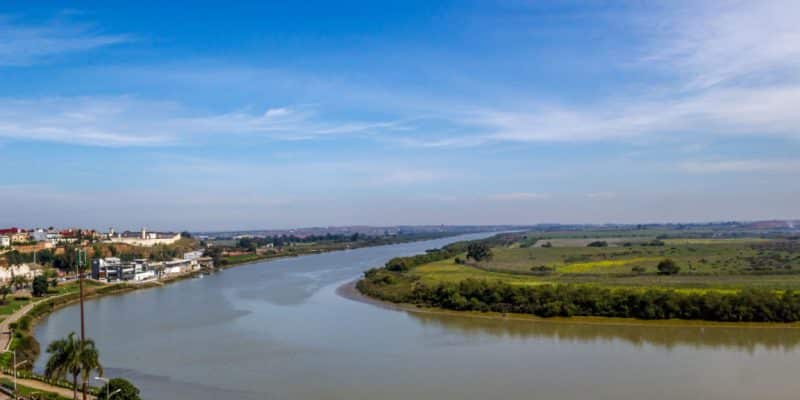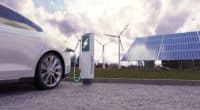The project to interconnect the Sebou and Bouregreg basins has just been launched in Morocco. Valued at 6 billion Moroccan dirhams (nearly 540 million euros), it will strengthen the supply of drinking water and irrigation in the cities of Rabat and Casablanca.
In Morocco, the populations living on the Rabat-Casablanca axis will be better supplied with water by mid-2023. This is the objective of the authorities who have just launched the project to interconnect the Sebou and Bouregreg basins. This is an extension of the National Drinking Water Supply and Irrigation Programme (PNAEPI), underway since January 2020. It will enable water to be transferred from the Sebou wadi in the north of Morocco to the Bouregreg basin, located in the centre-northwest of the kingdom.
Read also –
“The water that will come from Sebou will be water that falls into the sea and that we do not take advantage of. This resource will be exploited in the two axes of Rabat, and probably Casablanca, in addition to several local interventions,” explains Mustapha Baitas, the Minister Delegate to the Head of Government in charge of Relations with Parliament and spokesperson for the Moroccan government. In addition to strengthening the water supply in the face of drought, the project will reduce the overexploitation of groundwater.
An investment of 540 million euros
The work will be carried out in two phases. The first stage will connect the Sebou dam to the Sidi Mohammed Ben Abdallah dam in the Bouregreg basin. The Sidi Mohamed Ben Abdallah dam will then be connected to the Imfout dam in the province of Settat.
The Moroccan government has allocated 6 billion Moroccan dirhams (around 540 million euros) for the implementation of the Sebou and Bouregreg wadis interconnection project, increasing the financing of the PNAEPI from 115 billion Moroccan dirhams (10.7 billion euros) to 201 billion Moroccan dirhams (almost 18.1 billion euros). At least 29 billion Moroccan dirhams (over €2.6 billion) have also been injected into the programme for “additional interventions”. The current budget of the NEEPI amounts to 150 billion Moroccan dirhams (about €13.5 billion).
Overall, the Priority Drinking Water Supply and Irrigation Programme, which will end in 2027, will increase the capacity of dams from 18 billion m3 to 27 billion m3. To this must be added non-conventional water resources, i.e. from seawater desalination plants and wastewater treatment plants (reuse).
Inès Magoum







